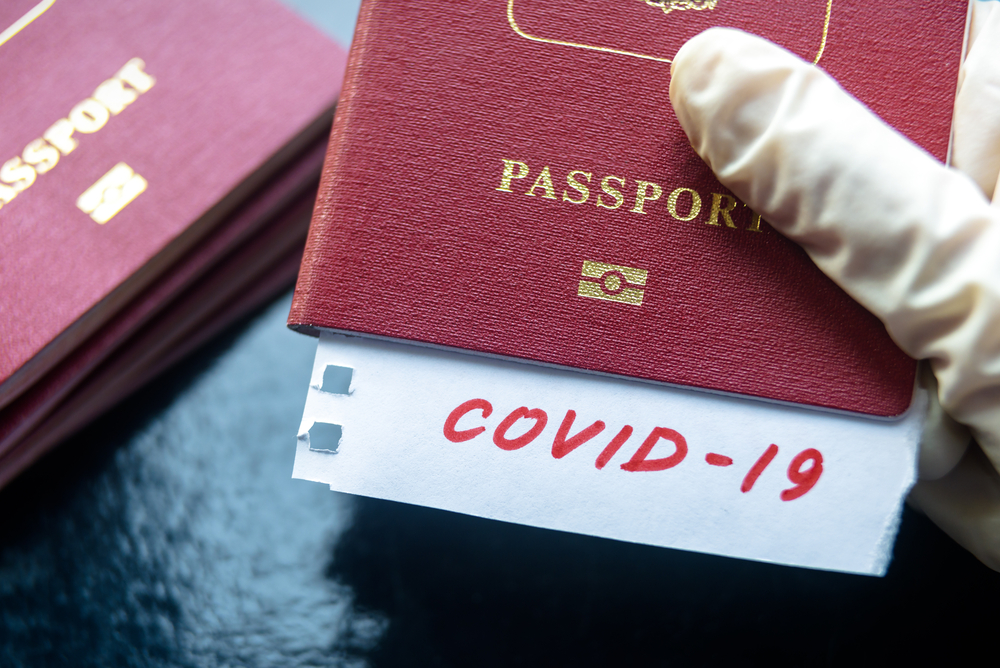Reports abound of Covid-19’s detrimental impact to global tourism. The longer countries remain closed to international tourists, the deeper the pain. Airlines grounded, hotels closed, tour companies shuttering, taxis with no passengers, empty restaurants and bars, and so on. In the hope of tourists once again gracing the streets, beaches and mountains of Thailand and other countries, hotels and hospitality businesses need to prioritize gaining the confidence and trust of travelers. Of great concern to Thai hotels should be understanding what Chinese tourists are looking for as they imminently begin taking long-awaited holidays abroad.
 Knowing what to expect is a must for preparation
Knowing what to expect is a must for preparation
Based on C9 Hotelworks and Delivering Asia Communications survey, it pointed out 53% of Chinese respondents would like to travel in 2020. Where 71% of those choose Thailand as their destination. The key shift is the majority will be independent travelers rather than group tours, aged between 20 – 40 years old. The target cities remain Bangkok, Phuket, Chiang Mai, Koh Samui and Pattaya. August, October, and December are expected to be the peak months that Chinese will travel aboard.
Knowing where to reach consumers
Daily media consumptions during the crisis have shifted in great numbers from television and newspaper to online media, which might last even after the crisis. For hotel industry, the suggested channels to attract Chinese tourists when searching for a place to stay ranging across Ctrip, Alibaba’s Fliggy, hotel website, Booking.com and WeChat, respectively. The target group also associates the risk reduction with the use of technology on other aspects in daily life. From e-payment, delivery service, e-commerce, and e-booking, this states how hotels should leverage this online behavior to connect more with the customers.
Knowing what messages are relevant
Connecting with potential customers won’t be enough. It is also necessary to understand the changing consumer and reach them with the right message early in the journey. According to Ipsos analysis on Covid-19 in China: The Road of Recovery, Chinese’s social values have shifted, leading them to become more health conscious, focus on a peaceful life, family-oriented, and concerned with nature. As for hospitality and tourism, it might be relevant to show how hotels can offer consumers what they look for. From staying in a clean and safe hotel, dining from healthy food sources, avoiding crowded lobbies, to lifestyles that promote health and environmental care. These are the messages the consumers want to hear.
Knowing how to leverage brand value
People are now more cautious on what to spend due to the economy. This is when brand value comes into play. Brands need to offer what the consumers think is worth spending their money on. Relevant CSR is another aspect to create value. Many brands have come out during the crisis, helping society based on their capability. Some have turned to producing and donating hygiene products, PPE/masks, food, and capital to those in need. This creates a positive image in the customer’s mind, strengthening the brand’s credibility. If not done yet, this is another aspect worth doing to show the consumer where the brand stands. Some hotels have offered free stay for hospital staff. Some have offered their hotels as quarantine for those who came back from other high-risk countries.
We can’t change the situation, so we need to adapt. Doing so quickly, will result in the highest chance of success in a bleak looking next few months.



